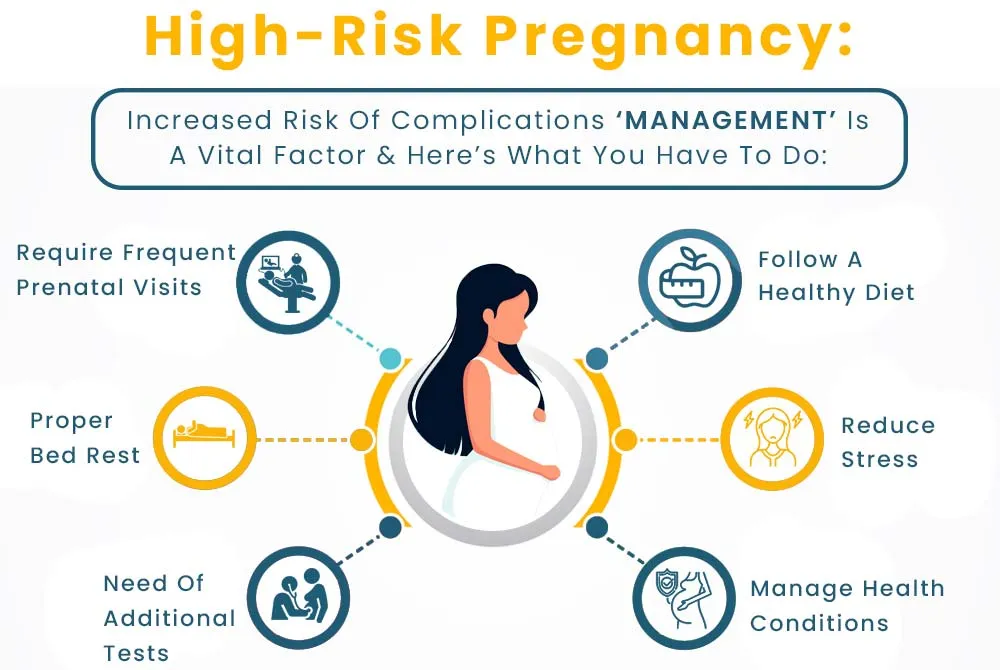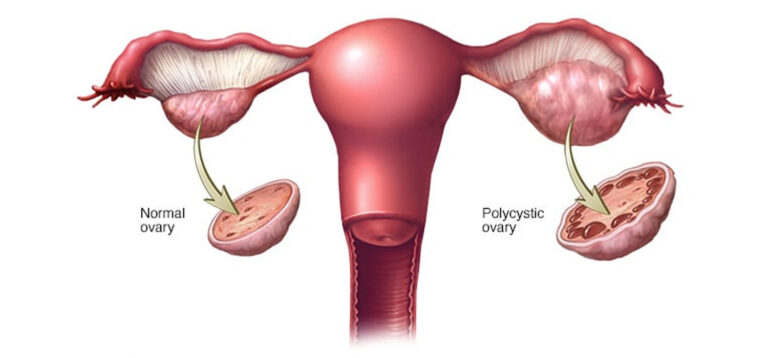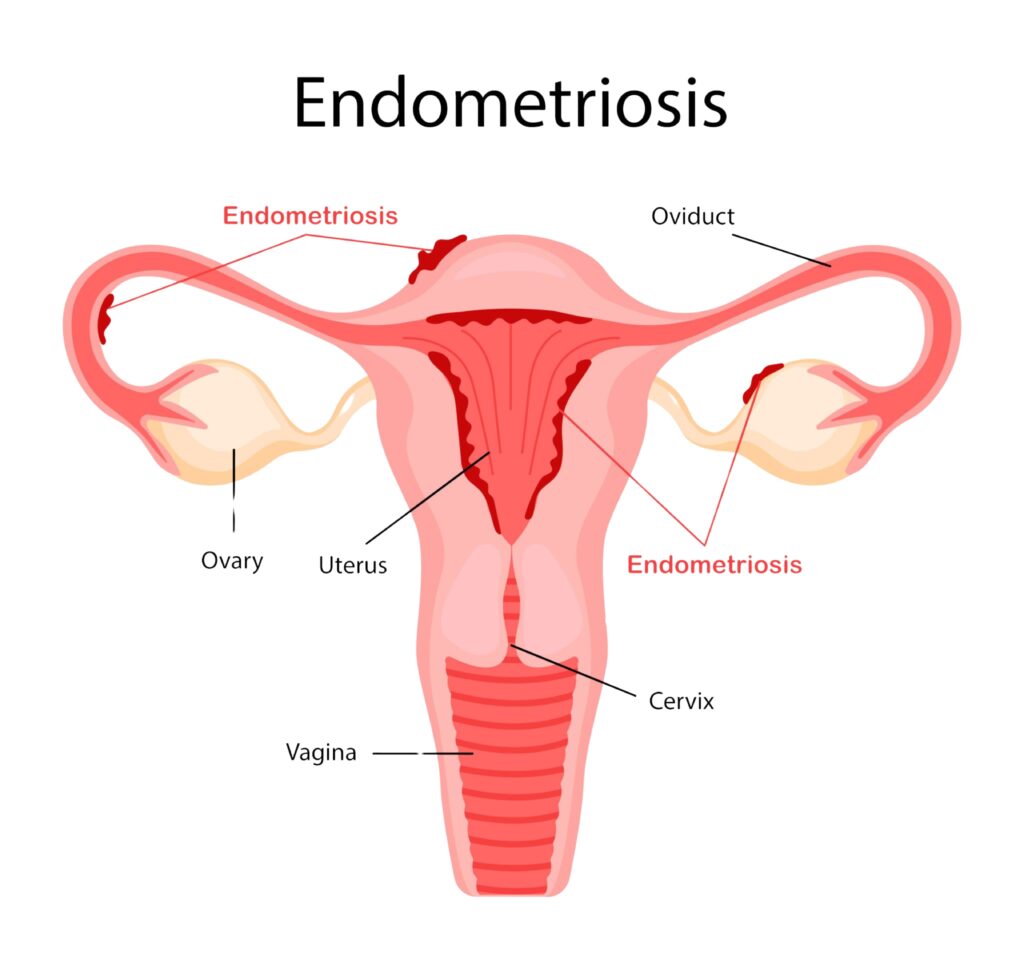Gynecological Surgeries

High Risk Pregnancy
A high-risk pregnancy refers to a pregnancy where the mother, the baby, or both are at an increased risk for health complications. Various factors contribute to this classification, including pre-existing medical conditions such as diabetes, hypertension, or heart disease, as well as complications arising during the pregnancy, such as gestational diabetes, preeclampsia, or multiple pregnancies. Advanced maternal age, lifestyle factors like smoking or substance abuse, and certain infections can also elevate the risks. Women with high-risk pregnancies often require more frequent monitoring, specialized care, and interventions to ensure the health and safety of both mother and baby. Managing these pregnancies involves a team of healthcare providers, who may include obstetricians, maternal-fetal medicine specialists, and other medical professionals. Early detection and appropriate management are crucial to minimizing risks and promoting positive outcomes.

Menorrhagia
Excessive bleeding:
Bleeding that soaks through one or more pads/tampons every hour for several consecutive hours.
Prolonged periods: Menstrual bleeding lasting more than 7 days.
Large blood clots: Passing clots that are larger than a quarter.
Symptoms of anemia: Fatigue, shortness of breath, or weakness due to significant blood loss.
Causes of Menorrhagia:
Hormonal Imbalances: Issues with estrogen and progesterone regulation (e.g., polycystic ovary syndrome (PCOS), thyroid disorders).
Uterine Conditions: Fibroids, polyps, or adenomyosis.
Ovulatory Dysfunction: Irregular ovulation can cause heavier bleeding.
Bleeding Disorders: Conditions like von Willebrand disease or platelet dysfunction.
Pregnancy-Related Issues: Miscarriage or ectopic pregnancy.
Medications: Blood thinners, anti-inflammatory drugs, or hormonal treatments.
Cancer: Rarely, uterine, cervical, or ovarian cancer.
Diagnosis:
Doctors may use the following to diagnose menorrhagia:
Medical history and physical examination.
Blood tests (to check for anemia or clotting issues).
Ultrasound imaging.
Endometrial biopsy.
Hysteroscopy.

PCOD
PCOD (Polycystic Ovarian Disease):
- Definition: It is a condition where the ovaries produce an excess number of immature or partially mature eggs. Over time, these eggs can develop into cysts in the ovaries.
- Cause: Hormonal imbalance, unhealthy lifestyle, and stress.
- Symptoms:
- Irregular menstrual cycles
- Weight gain
- Acne
- Hair thinning
- Bloating
- Severity: PCOD is usually less severe than PCOS and can often be managed with lifestyle changes, such as diet and exercise.
2. PCOS (Polycystic Ovary Syndrome):
- Definition: It is a metabolic disorder and more severe endocrine condition that goes beyond the ovaries. It involves multiple hormonal imbalances (elevated androgens, insulin resistance, etc.), leading to systemic effects on the body.
- Cause: Genetic predisposition, insulin resistance, and lifestyle factors.
- Symptoms:
- Irregular or absent periods
- Weight gain, especially around the abdomen
- Excessive hair growth (hirsutism) on the face and body
- Severe acne
- Thinning hair or hair loss (male-pattern baldness)
- Difficulty conceiving (infertility)
- Increased risk of diabetes, hypertension, and cardiovascular disease
- Severity: PCOS is a syndrome, meaning it involves a broader range of symptoms and has long-term health risks if not managed.
Endometriosis Treatment

Removes abnormal endometrial tissue to reduce pain and improve fertility
Abnormal Uterine Bleeding Treatment

Abnormal uterine bleeding (AUB) can be treated with a variety of therapies

High Risk Pregnancy
A high-risk pregnancy refers to a pregnancy where the mother, the baby, or both are at an increased risk for health complications. Various factors contribute to this classification, including pre-existing medical conditions such as diabetes, hypertension, or heart disease, as well as complications arising during the pregnancy, such as gestational diabetes, preeclampsia, or multiple pregnancies. Advanced maternal age, lifestyle factors like smoking or substance abuse, and certain infections can also elevate the risks. Women with high-risk pregnancies often require more frequent monitoring, specialized care, and interventions to ensure the health and safety of both mother and baby. Managing these pregnancies involves a team of healthcare providers, who may include obstetricians, maternal-fetal medicine specialists, and other medical professionals. Early detection and appropriate management are crucial to minimizing risks and promoting positive outcomes.

